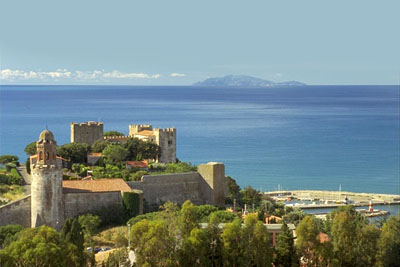
Tuscany itinerary: Serchio Middle Valley
This area offers important historical centres such as Coreglia Antelminelli, known as one of the most beautiful italian “borghi” (village) with its Museo delle Statuine di Gesso (Chalk Figurine Museum), the Ghivizzano Castle, Bagni di Lucca a thermal spa town, www.termebagnidilucca.it; Ponte del Diavolo (Devil’s Bridge) at Borgo a Mozzano and the Orrido di Botri and Balzo nero Natrural Reserve.
In Colognora di Pescaglia, you can find the Museo del Castagno (Chestnut Museum) www.museodelcastagno.it and at Celle Puccini, the museum of the great musician Giacomo Puccini, where he spent his childhood holidays.
The itinerary from Pescaglia to Fabbriche di Vallico permitts you to visit some “ferriere” iron-foundrues which are still operative like the ironworks Galgani, the one at Aiola or Gragliana.
The mallets powered by water still forge the iron in the century old tradition, making agricultural tools and the “testi” (round metal flat irons), indispensable accessory to cook the famous “necci” with ricotta cheese, the “crisciolette” or the “focacce leve” simple local traditional plates.




